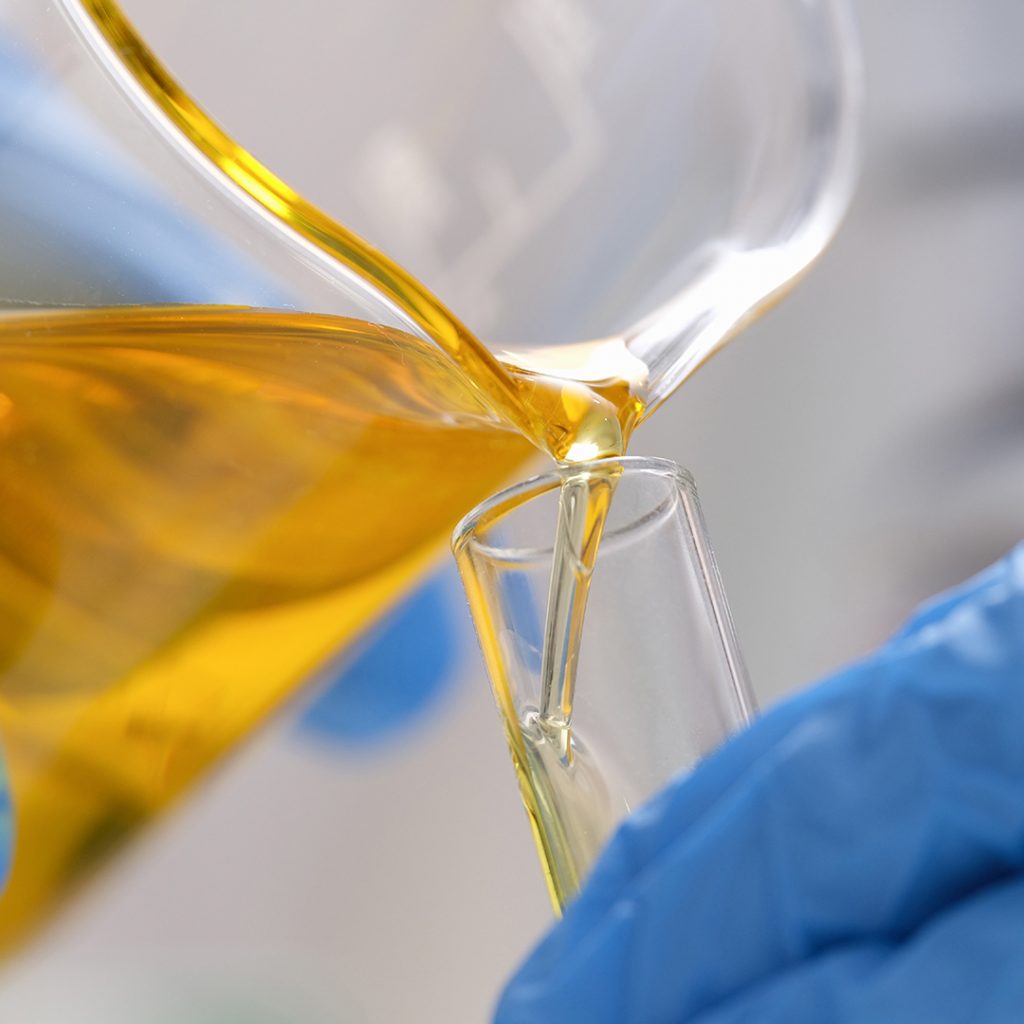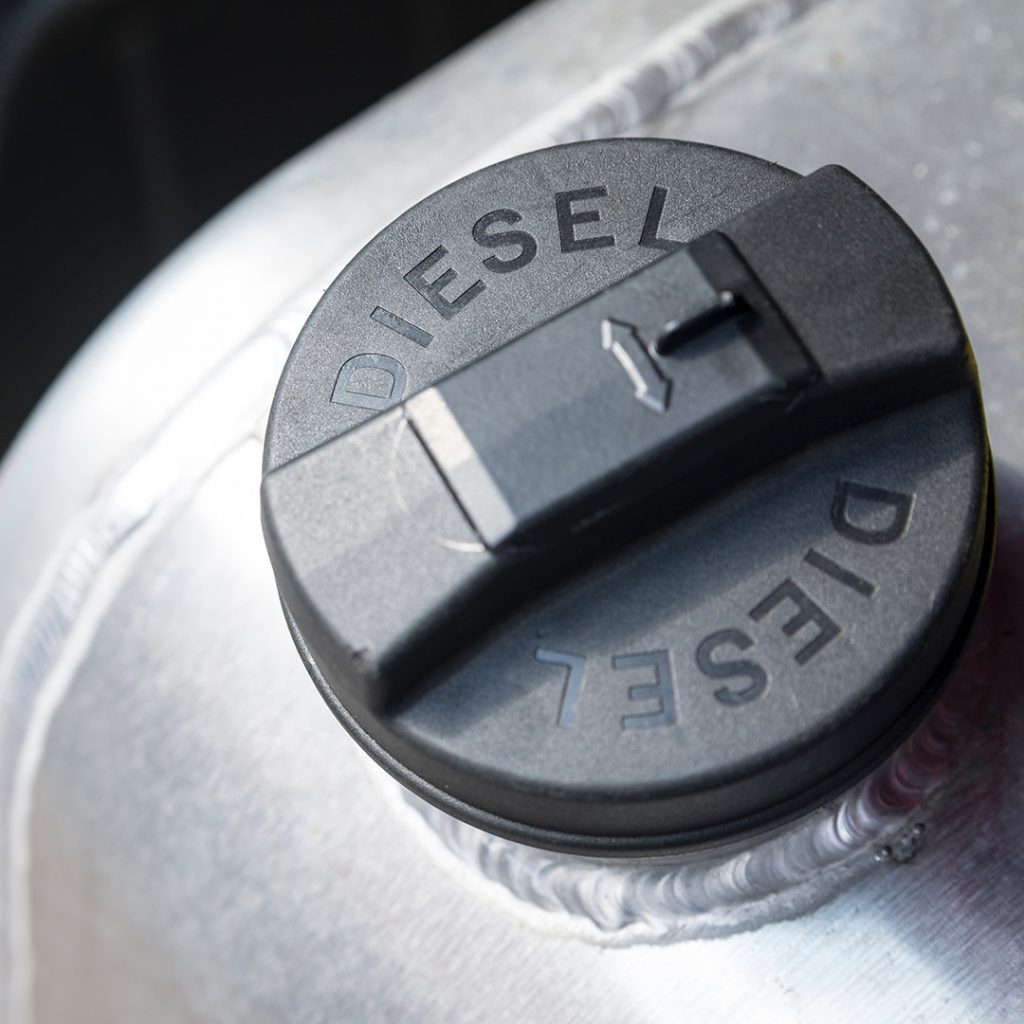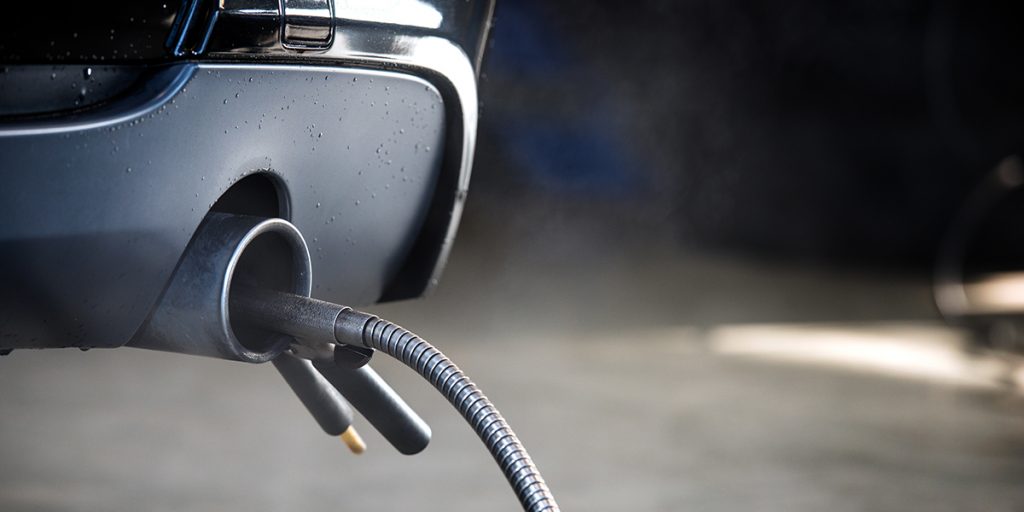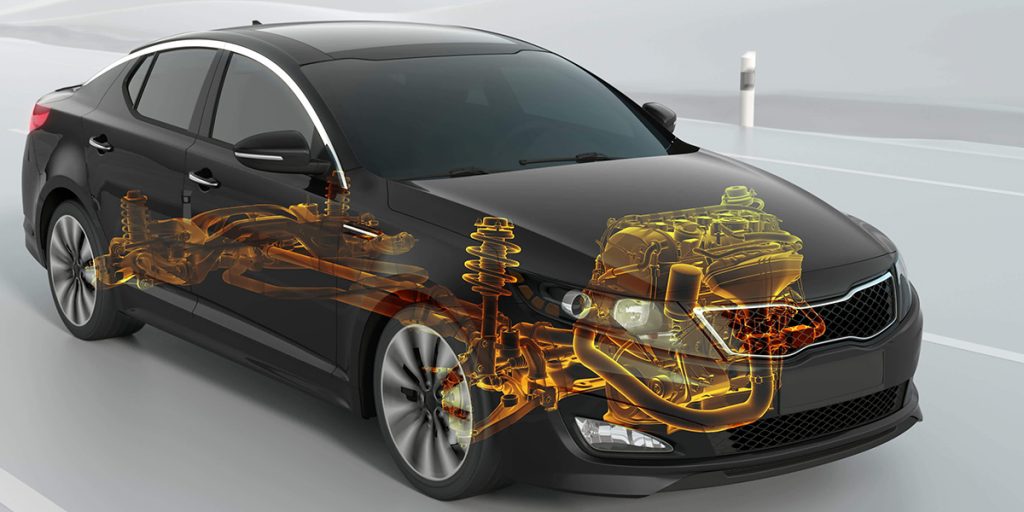Can software help diesel cars be sustainable?

Not everything involves electric cars, hydrogen and biofuels. There is a chance that vehicles with diesel engines will become less polluting. Really? Yes, according to a study carried out in the United States.
The future urgently demands greater sustainability and alternatives are being considered so that the motor industry does not derail when it comes to environmental matters. At the Illinois Institute of Technology (Chicago), the team led by researcher and professor of mechanical and aerospace engineering Carrie Hall has found that, with a simple update to the automobile software, better fuels for our planet would be achieved. Good news, without a doubt.
Advantages of the green transition behind the wheel

“The only way to save the environment is to involve everyone,” said the great architect Richard Rogers. This is mentioned by the CEO of the company AAPPMobility, Agustín Martín, who emphasizes several advantages of the green transition behind the wheel: “First of all, the reduction of greenhouse gas emissions, such as CO2 and carbon dioxide. Decarbonization helps to reduce these emissions, contributing to the fight against climate change and the mitigation of its effects.”
It is worth remembering that road transport accounts for more than 20% of global CO2 emissions and around 17% of total greenhouse gas emissions. Furthermore, the expert says, “working in this direction would improve air quality. Unhealthy pollutants could be reduced. Dependence on fossil fuels, which are finite and often imported resources, would also be lessened”, a fact that – given the anxiety we feel when filling the tank – would reduce the volatility of oil prices and increase energy security.
The CEO of AAPPMobility also highlights the long-term savings because, “although the initial investment in electric vehicles and sustainable transportation infrastructure may be higher, these systems tend to be cheaper to operate and maintain.” And all these actions, of course, result in technological innovation and the promotion of the automotive industry, creating jobs and economic growth in sectors such as the manufacturing of electric vehicles, renewable energy and the construction of charging infrastructure.” Not to mention the advances in urban mobility, another reliable factor contributing to happiness in cities.
And this joint effort, he says, “leads to a more sustainable future and the preservation of the environment for generations to come.” Conclusion: yes, it’s time to change gears and step on the accelerator.


Towards a more sustainable diesel car

Let’s go back to square one. How to adapt diesel car engines, according to the aforementioned study by the Illinois Institute of Technology? Experts are certain that, apart from diesel, they could be fueled with other more sustainable fuels. This is where biofuels come in. And it could be done – following all the tests that have been carried out – with a simple and cheap update of the car’s software, without the need to disrupt the hardware, which would lead to additional costs for the user. Now, this is a solution that would work with modern cars that allow this intervention. But it all adds up, and this report has raised great expectations around the world. “What we are doing is aimed at achieving cleaner and more efficient vehicles,” said researcher Carrie Hall.

Given that a diesel engine is activated by compression upon the fuel inside the cylinders, which causes an explosion and thus generates the movement of the car, using other kinds of fuel seems complicated. The explosion would become untamable, perhaps unpredictable, and the cylinders could stop being synchronized, like a melody that goes off the rails. But it is here that the ideas of Illinois Institute of Technology come into play. Through artificial intelligence systems and neural networks, car sensors can be used to keep track in real time of what is happening inside the diesel engine. Then, a precise calculation of the combustion can be made, and, thanks to the software, the parameters can be adjusted to the fuels that would ultimately provide a more sustainable solution. It even works on planes and trucks. This opens an interesting door to the future of the sector and the commitments made during the United Nations climate summits. Another sign that not everything is set in stone: only the rush to look for alternatives and options within the industry for and towards a greener future.
HIGHLIGHTED: “Although the initial investment in electric vehicles and sustainable transportation infrastructure may be higher, these systems tend to be cheaper to operate and maintain.” Agustín Martín, CEO of AAPMobility